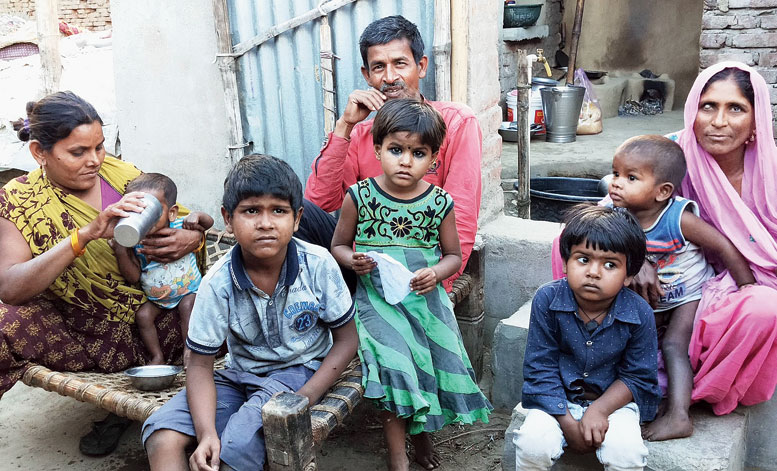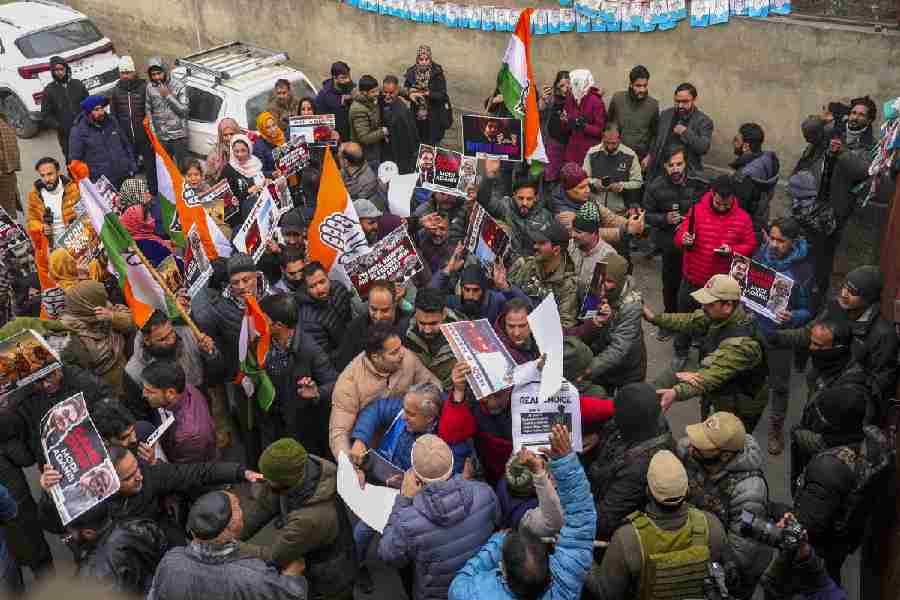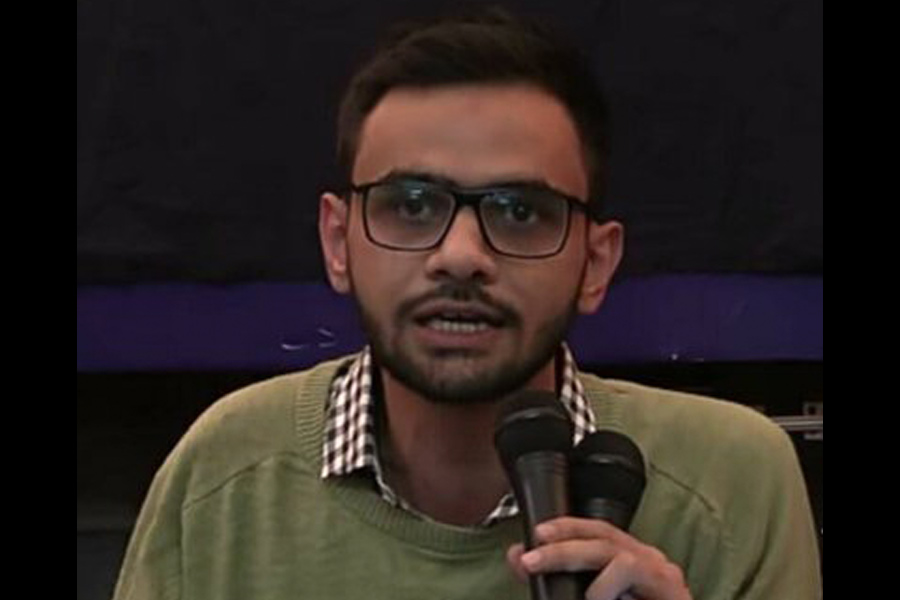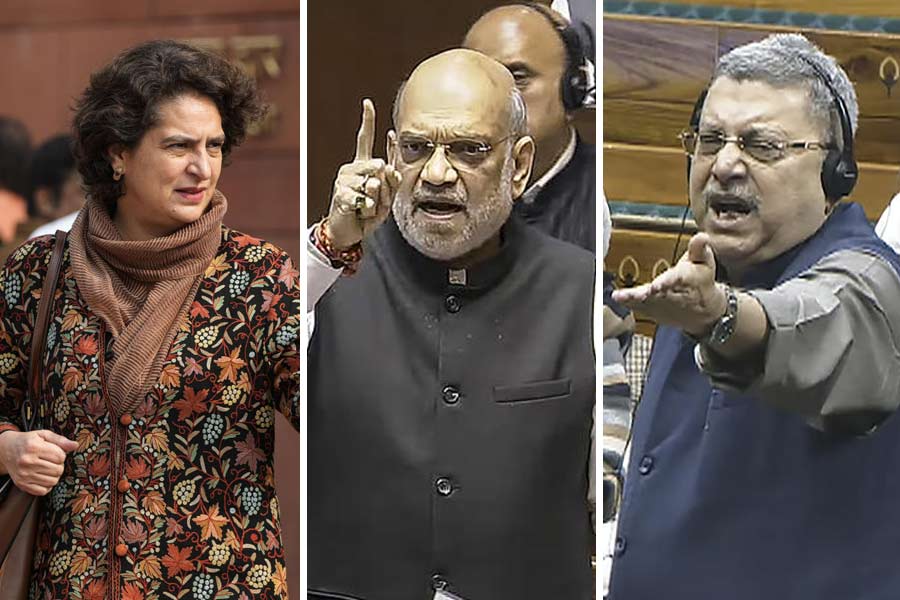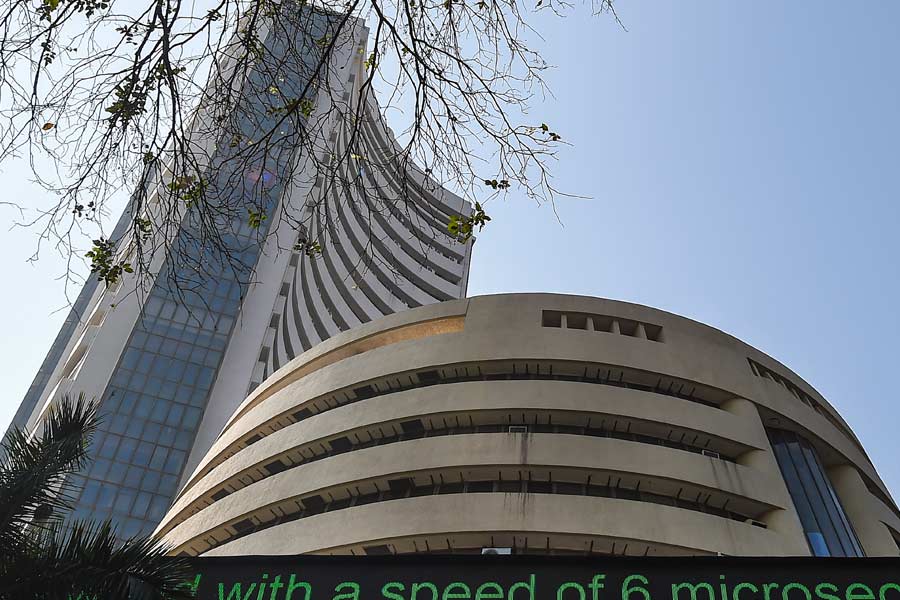Mohammad Hussain Ansari, 38, a day labourer in Bihar’s Arwal district, was at his wit’s end on April 7. His younger children were crying from hunger while their elder siblings roamed the village looking for households that might offer them morsels of leftover food.
It was almost noon but the stove at his home was cold because there was nothing to cook. The below-poverty-line family had run through the subsidised monthly rations they had received through the public distribution system, and the food grains for April had yet to arrive.
One reason was that only 8 members of Hussain’s family of 14 are registered on the ration card, so the family receives only 40kg of food grains – 5kg per head --- instead of the 70kg it’s entitled to.
Hussain blames it on a labyrinthine system of red tape that he says poor and barely literate people like him cannot crack. To get a fresh name registered, one has to fill a form and submit it to the block development officer (BDO), who forwards it to the sub-divisional officer (SDO).
“I have always wanted to get the names of everyone in my family included. But it involves a lot of paperwork and running around the block office, which a day labourer like me cannot afford. Besides, where’s the guarantee the names will be included?” Hussain said.
However, the nationwide lockdown meant Hussain had been without work for weeks and had no money left to buy food for his family. He was feeling helpless --- and hungry.
So he made the decision. He had a chauki (cot) made of sheesham (Indian rosewood) planks that had been the envy of his village, Khemkaran Sarai. There were many offers but Hussain had always refused to sell.
“I couldn’t bear my children’s wails any more. I had to do something; so I decided to sell the chauki to anybody willing to buy it,” he said.
“I walked around the village in search of a buyer till one man offered Rs 1,400. I accepted it, though on a better day it would have sold for at least Rs 3,000.”
He added wistfully: “The cot was the best thing at my home.”
With cash in hand, Hussain rushed to buy rice, pulses and potatoes from the local grocer. By then word that he had sold his prized possession had spread.
“People gathered outside my home. Some sympathised, some chided me for selling the cot. I told them I was ready to sell everything, even my blood, to feed my children,” Hussain said.
“I also offered the villagers a few spare utensils that we had. I wanted to sell our blankets too because they wouldn’t be needed till winter.”
System woes
Under Bihar’s PDS, every person mentioned on a ration card gets 2kg wheat and 3kg rice per month at Rs 2 and Rs 3 a kilo, respectively. As a special measure during the lockdown, the state is providing each family with 1kg pulses for the month of April, which officials acknowledge is woefully inadequate even for households far smaller than Hussain’s.
Hussain said that even during ordinary times he struggled with his meagre income to buy the extra food grains necessary, not to speak of the oil, salt, sugar, vegetables, medicines and clothes his family needed.
So what’s the way out for Hussain? Mukesh Kumar, the state food and consumer protection department’s marketing officer for Kurtha block, waved the question away.
“He can apply online for inclusion of the names on the ration card. It will be resolved under the Right To Public Service (RTPS) already implemented in the state,” Mukesh said.
Told that a barely literate Hussain could hardly be expected to avail online facilities, he retorted: “How are so many labourers getting their caste and residence certificates made online, then?”
Mukesh declined further conversation saying he was busy.
Villagers, however, said the only way poor and illiterate people could do official work online was by paying the network of touts that has sprouted around block offices and RTPS centres across the state. Several district magistrates have tried to crack down on these illegal middlemen and have arrested many, but they keep coming back thanks to their nexus with officials.
Help arrives
When word reached him that a villager had sold a valued belonging to buy food, Kurtha BDO Rajesh Kumar rushed to the village with his officials.
“We gave Hussain 40kg food grains on Wednesday (April 8) and promised more whenever he needed any. He will also get the usual 35kg monthly rations from the PDS shop,” Kumar said.
He added: “We asked him the name of the man who had bought his chauki but he kept quiet. So, it’s possible that the incident was just a rumour. But he certainly is poor and jobless these days.”
The BDO accepted that the lockdown had left many among the poor, particularly those who earned daily wages, short of food and money.
“We are doing our best to come to their rescue,” he said. “A few women had come to my office and begun crying, saying they hadn’t any food. We provided them rations.”
Senior government officials said a plan was in place to provide food grains to the poor during the lockdown, but accepted on the condition of anonymity that it had not been properly implemented at the grassroots.
“There could be acute starvation in the hinterland, especially the riverine areas and far-flung villages, but the lockdown has slowed the dissemination of information to administrative officials,” a senior government official said.
“Perhaps there could have been some old-style, door-to-door visits to the poor to check whether they had enough rations to survive the lockdown,” he added, referring to a practice sometimes adopted during droughts in the years after Independence.
“Unfortunately, the focus is not on this. There are helplines, but many people have no phones, or no balance left in their mobile accounts.”
Pushpendra Kumar Singh, a professor at the Tata Institute of Social Sciences and chairperson of the Centre for Development Practice and Research, told The Telegraph that starvation could be more widespread in Bihar than generally thought.
“Horrifying tales of hunger and starvation in Bihar are coming to me via my friends on social media. Every village has a few helpless dependents who have long been provided food by society --- but suddenly there’s a situation in which people are not welcoming anybody at their doorsteps,” he said.
“The hunger is more acute because this is agriculturally a lean season. Harvesting is in the doldrums, and there is a cash crunch among workers and labourers.”
The lockdown and confusion about its social-distancing protocols have hampered harvesting in Bihar.
Singh said the state government should immediately arrange for mobile PDS shops to provide universal coverage. “The immediate worry is hunger, while the long-term worry is of malnutrition among a large part of the population,” he said.
“The Bihar government should also waive the biometric checks for ration delivery and convert its one-time Rs 1,000 assistance for labourers to a monthly assistance. Also, the rules should be relaxed for people to claim it,” he added, alluding to how people without updated Aadhaar cards were being denied the aid.

